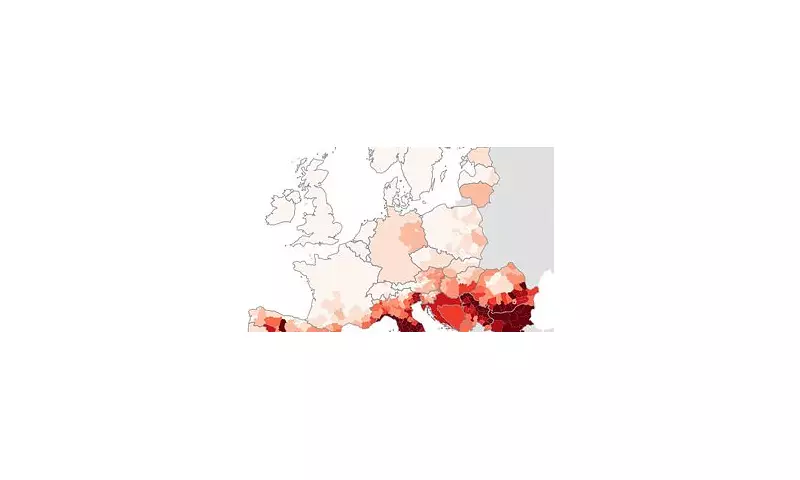
An alarming new analysis from leading climate scientists has confirmed that the unprecedented heatwave that gripped the United Kingdom during the summer of 2024 was directly responsible for a sharp increase in mortality rates across the nation.
The study, which examined temperature records and mortality data, points to a grim tally of excess deaths directly attributable to the sustained period of extreme heat. Researchers warn that this event is not an anomaly but a harbinger of a new normal, driven by accelerating climate change.
A Summer of Unprecedented Heat
The summer of 2024 shattered historical records, with thermometers consistently hitting levels the UK's infrastructure and population are ill-equipped to handle. The research highlights how prolonged exposure to high temperatures, particularly night-time minima that offered little respite, placed immense strain on vulnerable groups, including the elderly and those with pre-existing health conditions.
"This was a foreseeable and preventable public health crisis," stated one scientist involved in the analysis. "The data clearly shows that the intensity and duration of the heat exceeded a critical threshold, leading to a significant loss of life."
The Human Cost of Inaction
The findings serve as a stark indictment of the UK's current level of preparedness for extreme weather events. Critics argue that despite repeated warnings from the scientific community, adequate heatwave management plans and public health interventions remain insufficient.
- Vulnerable Populations: The elderly and individuals with cardiovascular or respiratory conditions faced the highest risk.
- Infrastructure Strain: The heat overwhelmed public services, including the NHS, which saw a surge in heat-related admissions.
- Economic Impact: Beyond the tragic human cost, the heatwave disrupted transport and reduced productivity.
A Call for Urgent Adaptation
Scientists are now urging the government to treat heatwaves with the same seriousness as other major civil emergencies. Key recommendations include:
- Implementing robust early-warning systems coupled with clear public guidance.
- Investing in urban planning to reduce the 'heat island' effect in cities.
- Ensuring that housing and public buildings are fit for purpose in a warmer climate.
"The evidence is irrefutable," the report concludes. "Climate change is no longer a future threat; it is killing people in Britain today. Failing to adapt immediately will lead to even greater tragedies in summers to come."





